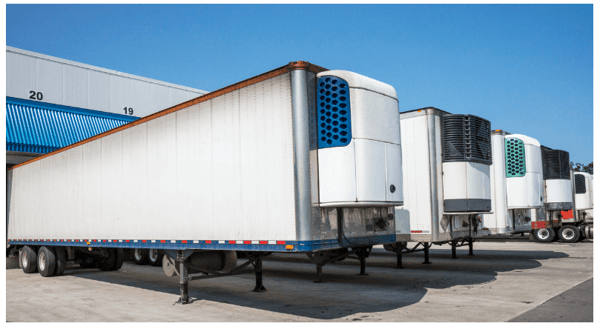Univ. Of Nottingham Studies Hydrogen Cars, Energy Storage

The University of Nottingham's research will affect the design of hydrogen-powered refrigerated vehicles. The research is part of a £1m project. The project aims to develop dual-use energy storage technology.
Researchers from Nottingham University Business School collaborated with major players in the UK food transport sector. They discovered the challenges hindering the adoption of hydrogen technology for green transportation of fresh and frozen food products.
The study is testing the ability to give hydrogen to a fuel cell that powers a car and makes cooling for a fridge.
Social scientists are collaborating with engineers in the university's engineering faculty. The social scientists' research will support the engineers' designs.
The researchers talked to different companies that handle fresh and frozen food. They asked drivers, managers, and CEOs about their experiences. They found some problems that need engineers to solve.
Apart from technical obstacles, they also pinpointed structural hindrances.
The industry has pointed out that there is no national strategy for hydrogen technology. This means that there is no support provided for the progress of this field. People who answered the survey suggest that the government should offer funding for research, development and trials, create new policies and establish regulations, just like they have done with electric vehicles.
The project's social science part is headed by Dr. Suzanne Couloigner and Dr. Robert Cluley. They both work at the Nottingham University Business School.
In this project, hydrogen technology is important for making the UK food cold chain less harmful to the environment. Hydrogen is used as a fuel for vehicles and as a refrigerant for the load. It's important to talk to the end-users and make sure the technology works for them. We need to make sure the end product is useful and meets their needs.
Our engineers will continue to improve the dual-use energy storage technology. They will develop a prototype that meets end-users' needs in the long term.
The University of Nottingham is developing a system. It would allow hydrogen power to be important for the UK's future. The system would help the UK's food cold chain too. The food cold chain is responsible for 18% of the country's energy use. It needs to be decarbonised.
This new tech is for businesses that use lots of electricity for refrigeration, which can cause a lot of harmful CO2 emissions. Food factories and processing plants are like this, but so are the 84,000 refrigeration units used to transport perishable food.
Around 24% of refrigerated trucks' power is used for cooling. This creates a lot of CO2 emissions.
Using this new technology can help the UK food cold chain rely less on energy from other countries. It can also make it easier to use hydrogen fuel cells for HGVs on a bigger scale. This means that it may be possible to work more efficiently and save money, which can help the UK be more competitive in the market.
This project plans to make a really good, creative and affordable hydrogen storage technology. It can be used for industrial cooling in different ways.
The Engineering and Physical Sciences Research Council gave money for a project. It will last three years. The project involves people from the Faculty of Engineering and Nottingham University Business School. The project has three main goals.
Make a new intermetallic alloy for hydrogen storage that works for different uses in the UK food cold chain. Test the alloy to check if it has enough hydrogen and can give hydrogen to a fuel cell under cold temperatures.
We will make a prototype hydrogen store. This store will use intermetallic alloy. It will be dual-use. It will store hydrogen and be used for cooling. We will test how well it works. The test will be like what commercial operators use in the UK food cold chain. We want to see how effective it is.
Survey the main players in the UK food transport industry. Find out what issues are stopping them from using hydrogen technology. This will help them decarbonise their current practices.
The University's Propulsion Futures Beacon will help with the research. They have good facilities and equipment. The Beacon Devices Lab and the Hydrogen Systems Test Bed will be used. They are in the Research Acceleration and Demonstration Building. This is supported by the Energy Research Accelerator initiative.










![ALEX JONES [1 of 4] Monday 5/6/24 • CANCER IS THE NEW COVID, News, Reports & Analysis • Infowars](https://bfn.today/@btc/live/cover_images/U8pFRoeI7dXM/8Z2WFJfck6VP_640x360.jpg.webp)







































